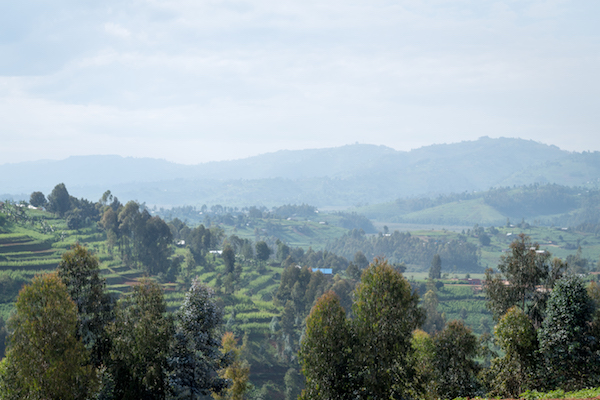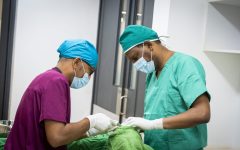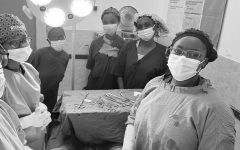The Heart of Africa’s New Medical School
February 1, 2017 2017-02-01 17:40The Heart of Africa’s New Medical School
Rwanda has achieved some of the most dramatic gains in health and poverty-reduction in the world. This small, landlocked African country (the size of Massachusetts, but with twice the population) has developed a primary health-care system with near-universal access to clinical care and insurance. Rwanda has reduced both economic and health-care inequality, and demonstrates how “health equity” helps to build strong societies.
The secret to Rwanda’s success is that its leaders are building “modern institutions on traditional values.” They built a system of community justice, called Gacaca, which integrated their need for nationwide reconciliation with an ancient tradition of clemency. They breathed life back into a civic tradition of Umuganda, where one day a month, citizens, including the president, gather together to weed their fields, clean their streets, and build homes for the poorest among them.
In 2015, the government of Rwanda and the Boston-based Partners In Health, with the help of the Bill & Melinda Gates Foundation and the Cummings Foundation, established the private, not-for-profit University of Global Health Equity (UGHE). The university is founded on the principle that every member of a community deserves the same care and opportunity, and focuses on the delivery of quality health care to those who need it most.
[Read the full op-ed at Project Syndicate]








